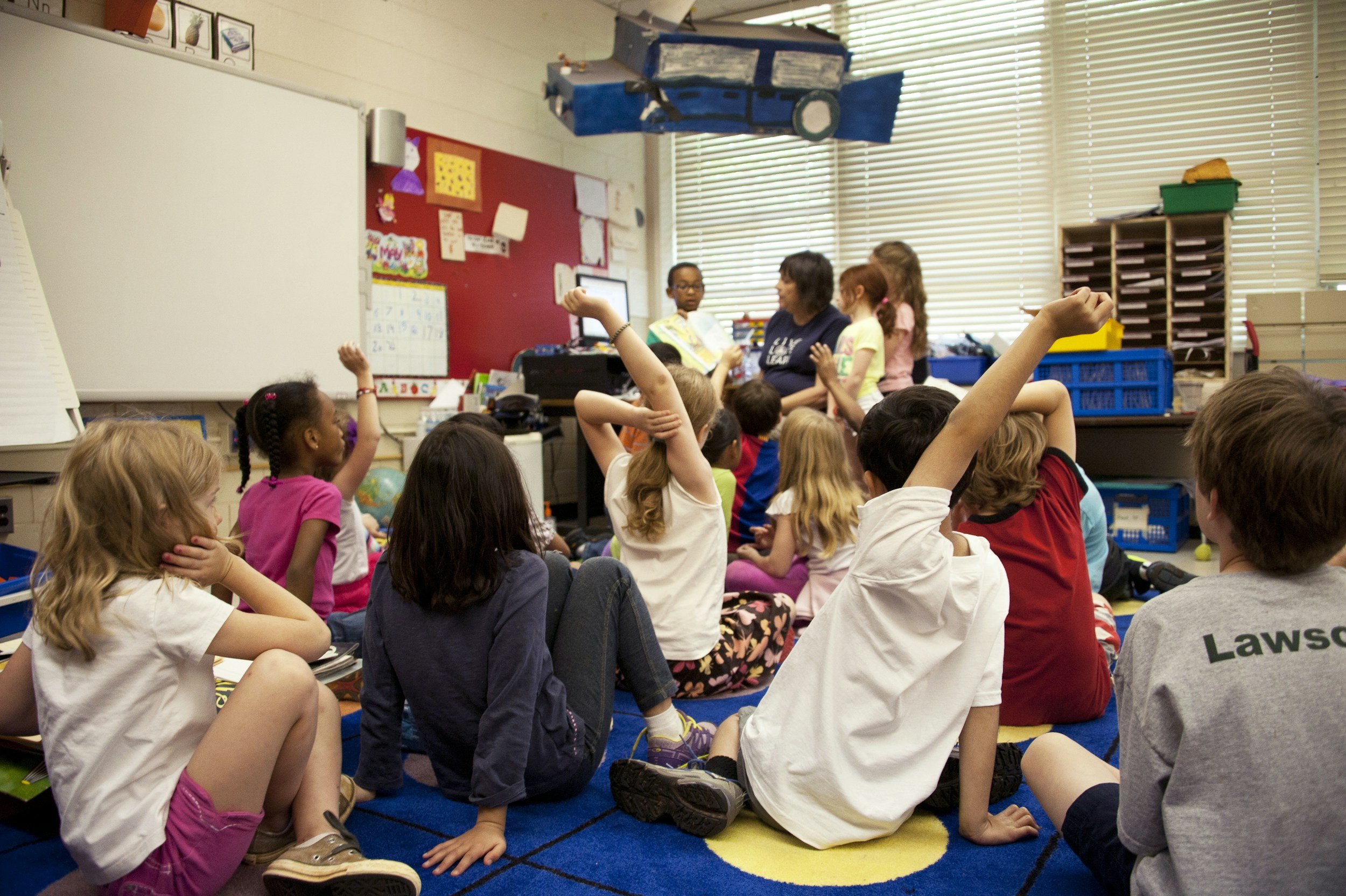
Five strategies to cultivate a culture of church-parent partnership
The childhood years are foundational for a young person’s spiritual development. Yet children’s ministry is too often carried out in isolation from the families to whom these children belong.
When the church and home are aligned in purpose, vision, and strategy the discipleship and spiritual formation of children flourish. So, what does meaningful partnership between the church and the home look like—both theologically and practically?

Fostering a sense of belonging in kids ministry
Low and irregular attendance at church is a concerning trend for leaders today. As someone particularly concerned with the discipleship of children, sporadic attendance is discouraging, so we can’t ignore the impact this will have on children.
Here’s one area I think children’s ministry leaders need to consider - fostering in our young people a sense of belonging at church.

Two ways to get quiet discussion groups talking
Think of a time where you’ve asked a question in a discussion and everyone falls silent… is it the good kind of silence, or the not-so-good kind?
One kind of silence is productive, while the other is detrimental to forming a good group culture. One kind of silence promotes discussion, the other hampers it.
Here are two simple tools that will help you create a platform for the types of discussion where you get the good kind of silence.

SRE classroom tips for supporting students with ADHD
It can be hard to know how to support young people who have ADHD, whether you are aware of the diagnosis or not. Getting to know each student, especially those with diverse needs, is going to be most helpful. But this can be difficult, if not impossible, with such limited time and a whole class of kids.
Here are four tips to make your SRE class beneficial for all students.

Shaping classes for student success: Making the right thing to do the easiest thing to do
When doing the right thing is also the easiest thing, students build good habits—and we spend less time managing behaviour. Here are my four top tips for classroom management.

Why routine is a kids ministry leader’s best friend
Routine isn’t boring; in fact, it makes kids’ ministry engaging and effective. From familiar games to visual schedules, predictability helps children feel confident, cooperate, and absorb new lessons without overwhelm. Leaders love it too—less stress, smoother transitions, and more time to plan and prepare for lessons!

A first time for everything
Whether you’re starting out again teaching SRE to the same year group as previous years, teaching SRE for the first time or somewhere in between, be encouraged that the privilege of SRE is that we have the opportunity to be alongside young people as they engage with the Bible.

Small group tips: ‘The rule of thirds”
Does facilitating Friday night youth group discussion time feel like you’re trying to push a boulder up a hill? Many youth group leaders have fallen into the trap of focusing too much on one aspect of the group time. If this is you, then adopting the Rule of Thirds can be a significant help.

Fostering a love of God in youth ministry
In this article, I want to parse out what I think are 2 (perhaps self-evident) essential aspects to loving God, and their implications for the kind of youth ministry we’ll do.
